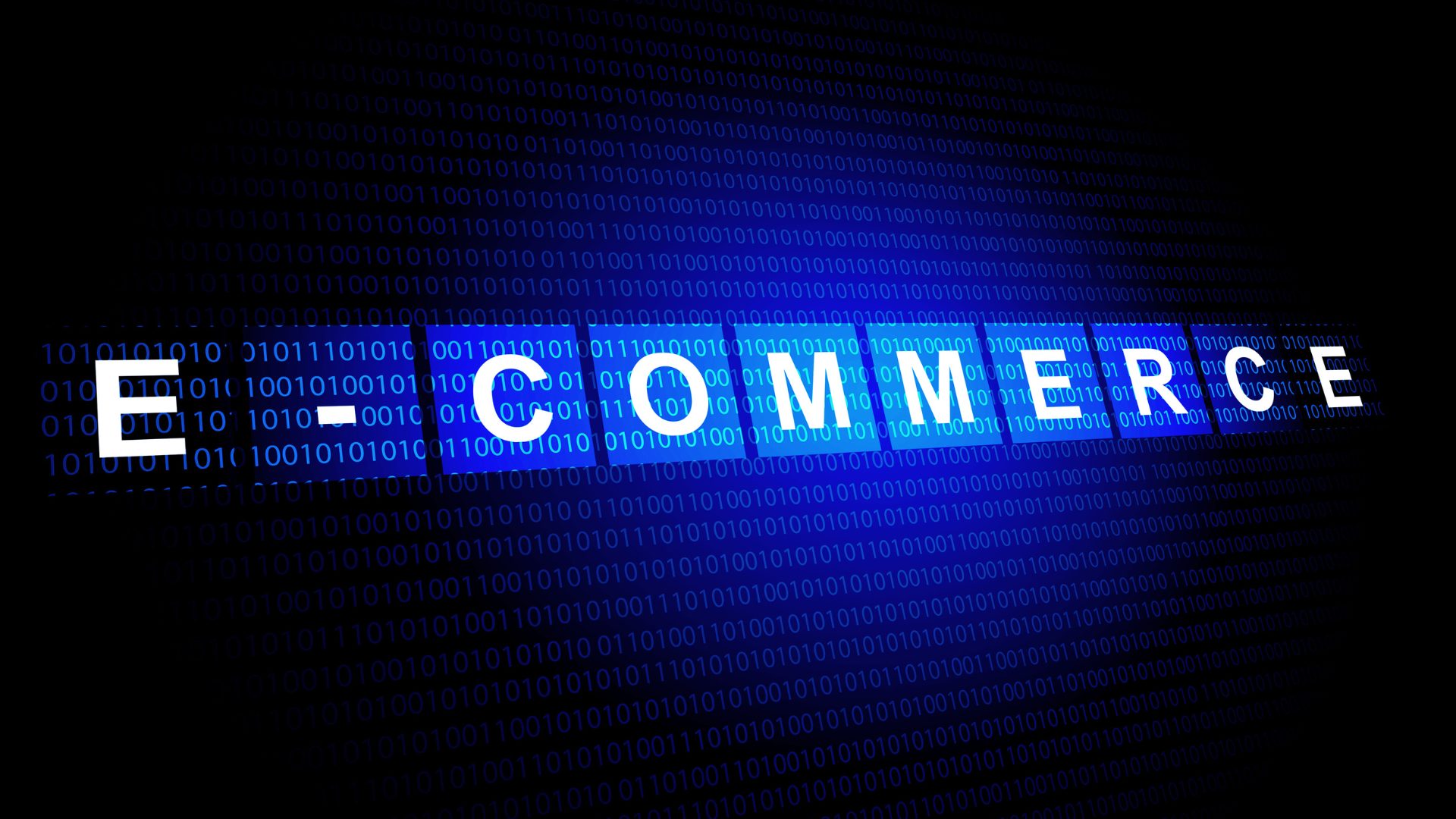The Alliance for eTrade Development II (or eTrade Alliance) is a new Global Development Alliance between USAID and 12 leading private sector partners to support MSME cross-border e-commerce development. It aims to provide a suite of resources and technical assistance to MSMEs, including access to digital payment systems, data analytics and business development.

The eTrade Alliance is a Global Development Alliance (GDA) with the primary goal of promoting the use of e-commerce among micro, small, and medium-sized enterprises (MSMEs) in developing countries. The Alliance was implemented in 2019-26 through a partnership between USAID and 12 private sector partners, with support from implementing partners Palladium and Nextrade Group.
The private sector partners include Cargill, DHL, Element, Etsy, Google, Latin American eCommerce Institute, Mastercard, Mexican Association for Online Sales (AMVO), Paypal, Ringier One Africa Media, UPS, and Visa. With total funding of $14.7 million, the eTrade Alliance aims to advance developing country MSMEs’ use of e-commerce, including for cross-border trade.
The Alliance’s prime goal is to increase the number of developing country MSMEs engaged in international e-commerce and boost the volume and value of developing country MSMEs’ digital trade. To achieve these objectives, the Alliance works in several countries globally, where partners’ corporate and USAID’s development priorities align. The program has five workstreams, including policy and enabling environment for e-commerce, MSME skills development for e-commerce, e-commerce logistics and trade facilitation, access to finance, and inclusive trade.
eTrade Alliance: Digital Transformation for Trade
Developing country MSMEs lack the skills required for building competitive online sales capabilities. They often need much more professionalisation to run their online stores and internationalise. These firms require improvements in inventory management, customer data analytics, digital marketing, and global shipping. Further, they tend to need new financial instruments to acquire these capabilities.
The Alliance works with MSMEs to improve their digital trade skills, such as digital marketing, management of online stores, customer data analytics, and global shipping.
It pays particular attention to women-led and rural firms, as these groups often face additional barriers to entering the digital trade market. The Latin American eCommerce Institute awarded scholarships to women-led SMEs in 2020 to participate in e-commerce training classes.
The Alliance leverages scalable AI-driven skills development and job matching platforms to enable young people in developing countries to gain the skills to thrive in digital and e-commerce businesses. Ringier One Africa Media (ROAM) and its Nigerian entity Jobberman, launched a pilot programme in 2021 to assess technology on their online job matching platform and improve matching candidates to job openings in Nigeria. This approach ensures that the next generation of entrepreneurs in developing countries has the skills to succeed in the digital age.
It is also working towards a “Digital Transformation for Trade” facility to enable developing country MSMEs to access resources for acquiring the capabilities they need to thrive as online sellers. A 360 Ecommerce Academy, another focus area of the Alliance is a learning resource for online sellers to professionalise their businesses.
To meet the dynamics of the ever-changing digital era, eTrade Alliance focuses on measuring logistics costs faced by developing country digital traders and developing proofs of concept for smart delivery, address, and logistics technologies for e-commerce delivery. It aims to reduce the long delivery times and high delivery costs that are major obstacles to cross-border e-commerce.
The Alliance also works to build corporate digital IDs, guarantee instruments for FinTech lenders and mobile financial services to expand online sellers’ access to finance. It also promotes digital finance solutions that developing country farmers can access through smartphones.
eTrade Alliance: Empowering developing economies with a robust policy framework
As the world becomes more digitally interconnected, e-commerce policies play an increasingly critical role in shaping the growth of small and medium-sized enterprises (MSMEs) in developing countries. Regulations governing digital payments, financial technology (FinTech), and cybersecurity have a significant impact on the costs of doing business and the ability of firms to access new markets.
In this context, the eTrade Alliance recognises the need to optimise e-commerce policies to support MSMEs in developing countries. One of its key objectives is to strengthen the capacity of regulators and policymakers in these countries to adopt policies and promote technologies that are conducive to MSME e-commerce. This includes working to streamline regulations that affect digital trade and providing support for developing new policies and initiatives that can promote growth in the sector.
To achieve this objective, the Alliance facilitates the formation of public-private partnerships and initiatives in developing countries to address key challenges to digital trade. The eTrade Alliance and the Asia Foundation co-hosted a Digital Trade Dialogue in 2021 to bring together expert speakers from the government, and private sector, as well as MSME entrepreneurs and discuss the state of e-commerce in the Philippines, the challenges, and possible policy and technology solutions.
These partnerships bring together governments, businesses, and other stakeholders to identify the most pressing issues facing the sector and to develop solutions that can help to overcome these challenges.

Founder Dinis Guarda
IntelligentHQ Your New Business Network.
IntelligentHQ is a Business network and an expert source for finance, capital markets and intelligence for thousands of global business professionals, startups, and companies.
We exist at the point of intersection between technology, social media, finance and innovation.
IntelligentHQ leverages innovation and scale of social digital technology, analytics, news, and distribution to create an unparalleled, full digital medium and social business networks spectrum.
IntelligentHQ is working hard, to become a trusted, and indispensable source of business news and analytics, within financial services and its associated supply chains and ecosystems




























